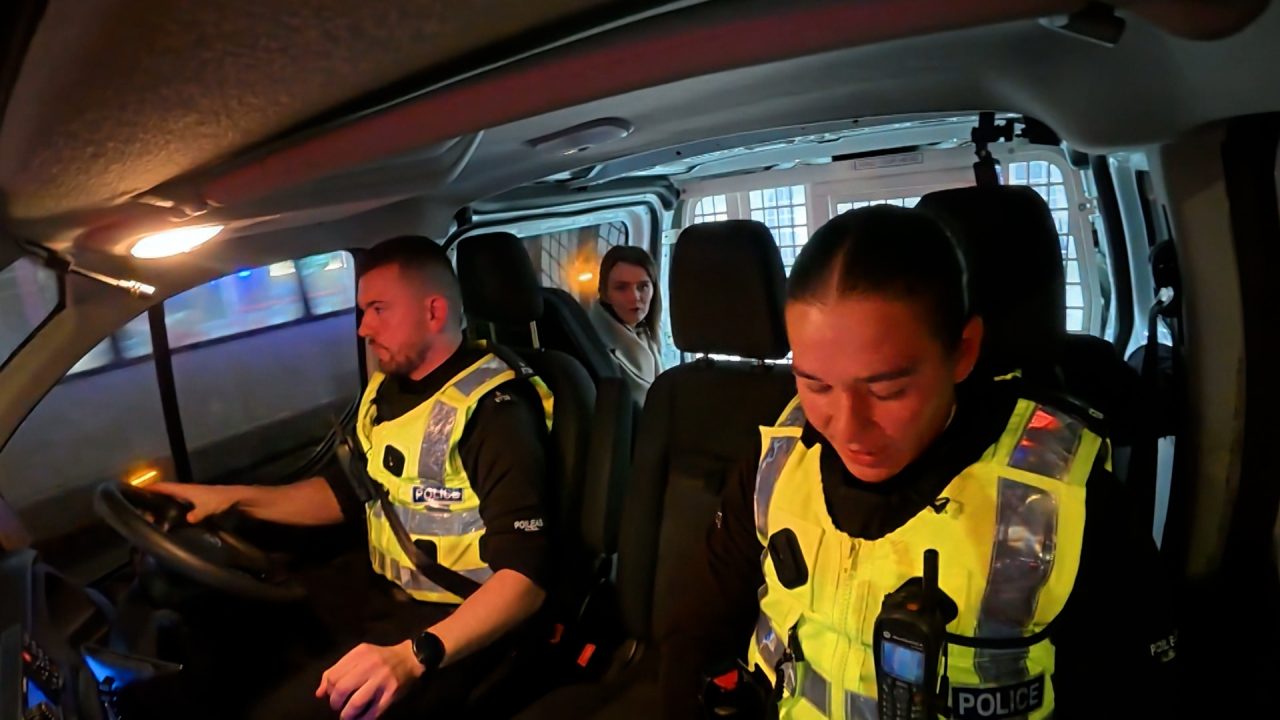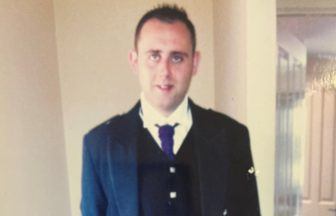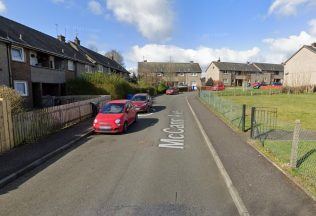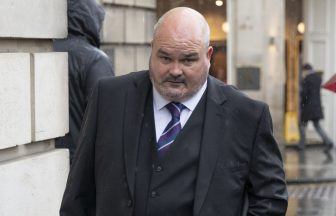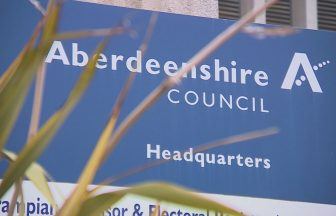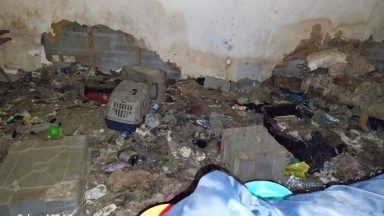It’s the busiest time of the year for police in Aberdeen.
As the first line of response for mental health-related incidents, the force says it is responding to a soaring number of call-outs.
Figures from the North East division show they have been deployed to more than 1,600 mental health incidents so far in 2024.
STV News joined officers on their Sunday nightshift less than two weeks before Christmas.
Officers were called to the home of one male who had attempted to take his own life.
Alongside police, the individual was taken to A&E. But officers say this isn’t an uncommon occurrence for them.
Speaking about the incident, PC Kevin Ogilvie said: “The male’s sister seemed very sound of mind and was very concerned for her brother. We feel quite comfortable that we could take them up to Aberdeen Royal Infirmary and the sister could sit with him to make sure he’s getting assessed.
“The risk is if there isn’t a family member and we don’t stay, the individual could just walk off, so they could have the same thoughts that got us there in the first place and they could come to further harm.
“Otherwise, we would be the ones who sit with them, potentially for hours.”
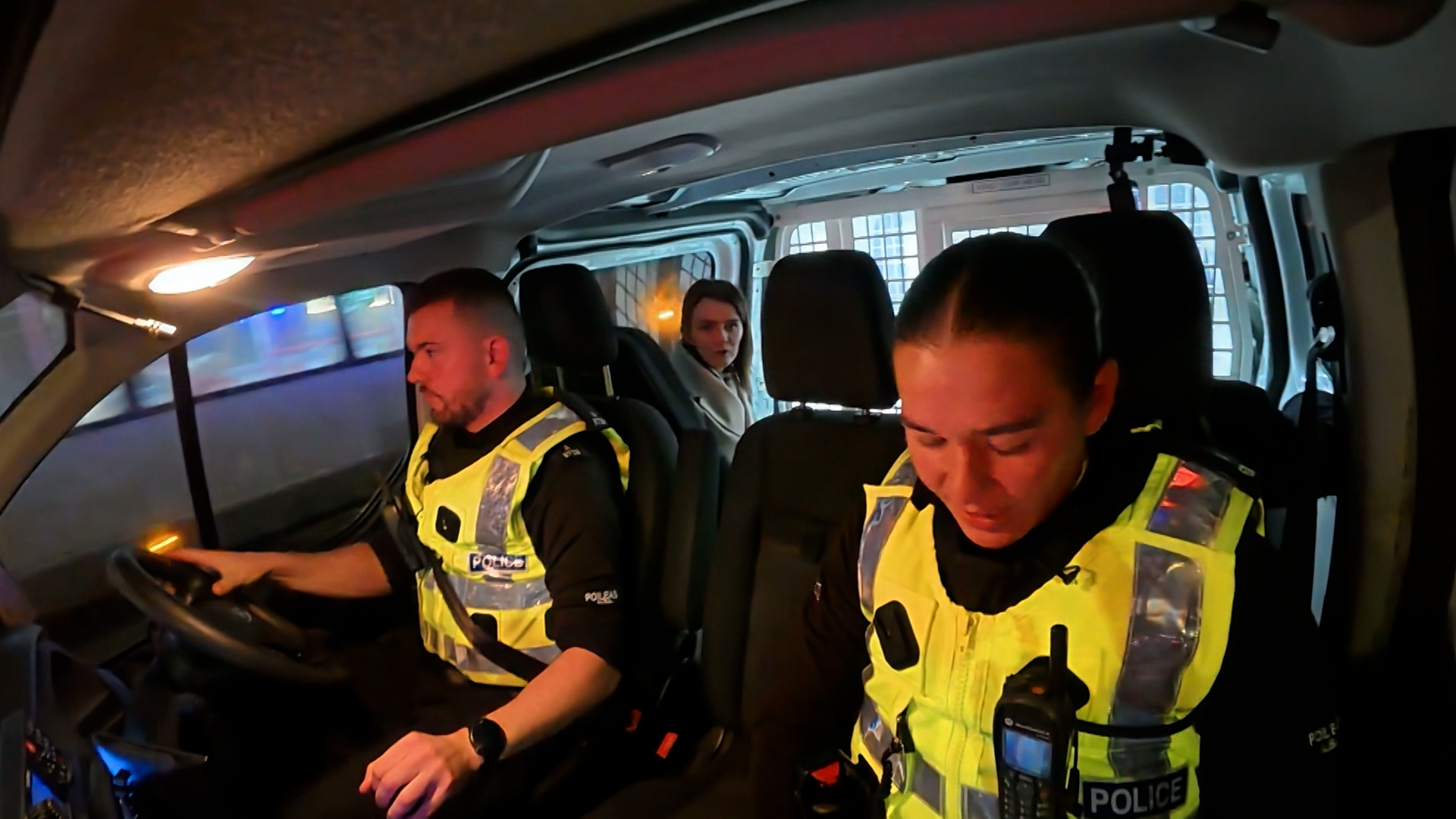 STV News
STV NewsFor officers, response time is crucial for those struggling with their mental health and make contact as soon as possible.
But with a reduction in support services and ongoing strain on the NHS, officers are filling the gap, taking them away from other frontline duties.
PC Ogilvie added: “It means response times are going to be slower. It means we have to prioritise more because we can’t go to everything. It means we are dealing with less crime and more about mental health.
“We do have a duty of care, but the amount of time in for example the hospital, we could be there for the rest of our shift.”
At the station, Sergeant Tom Bashforth highlights the pressure the increase of calls is having on the service.
“I’ve had from a variety of people that say it would be great to see more police on the street,” he said.
“But unfortunately because of the amount of mental health calls that we have to deal with, and the time it takes, we get taken away from our core function of dealing with crime.
“I would love it if we could get more of the cops out but unfortunately because there is such a volume, it’s really difficult to do so.”
A pilot scheme in Aberdeen hopes to help alleviate the growing strain on the service and its staff, but police say it’s not a long-term solution.
The Distress Brief Intervention (DBI) service allows police to refer people experiencing mental health distress to the right agency which can provide the support they need, allowing them to redirect to core policing duties.
The project has helped 75,000 people across Scotland since it launched in 2017 in Aberdeen, Lanarkshire, Inverness and the Borders.
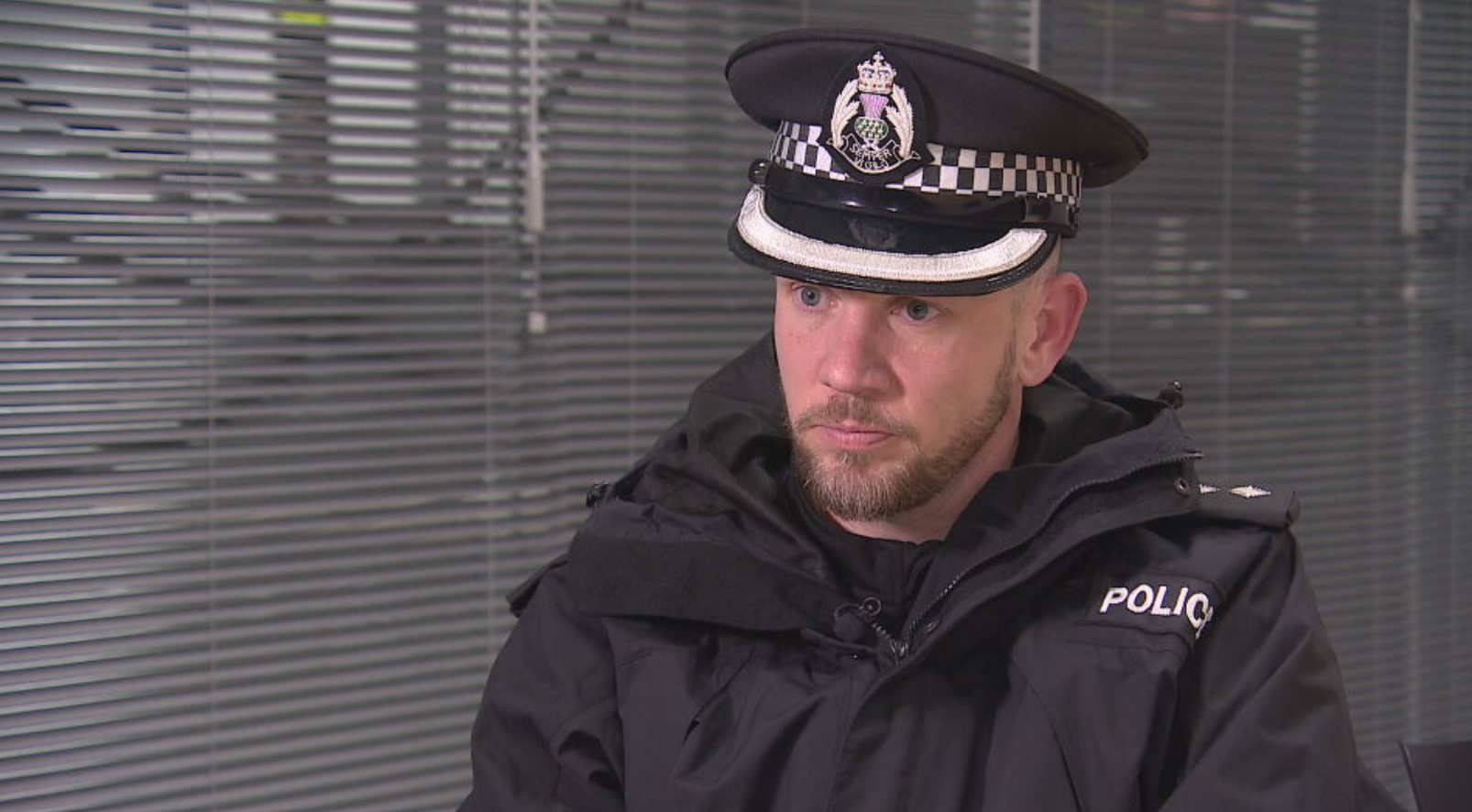 STV News
STV NewsChief Inspector Andy Scott said: “We have a facility for our officers 24/7 to contact a consultant at the Royal Cornhill Hospital.
“They would provide an assessment of the individual, which will either identify any signposted organisation, which we can send that person to be assisted by or we can take that person to Cornhill Hospital, where they can be dealt with as a place of safety.
“There are restrictions in terms of this because it’s not an infinite resource.’’
Justice secretary Angela Constance said: “We recognise the impact of mental health-related incidents on policing. Officers do all they can to support those who are in distress or suffering from mental ill health. Police Scotland are now able to direct mental health-related calls direct to the Mental Health Hub within NHS 24.
“This ensures that people receive the right support and that police resources are deployed appropriately.
“We have also developed a guide for Police Scotland setting out the 24/7 access arrangements to mental health clinicians in every Health Board or Health and Social Care Partnership.
“This means officers supporting an individual in mental health distress have consistent access to clinical advice on the best care outcome for the individual and where appropriate, the transfer of care to clinicians.
“Our 2025-26 budget, if approved by Parliament, will increase the direct programme budget for mental health by £3.3m to £270.5m.”
Follow STV News on WhatsApp
Scan the QR code on your mobile device for all the latest news from around the country


